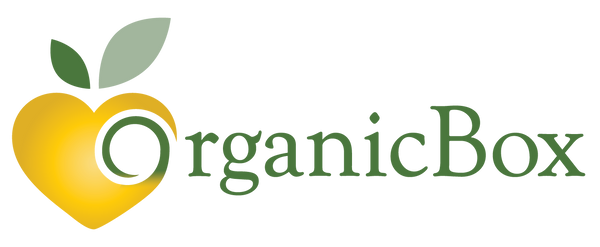
What Is the Difference Between Free Range and Organic Eggs?
All organic eggs are also free range, but not all free-range eggs are organic. Australian egg farmers cannot produce organic eggs in cage or barn-laid production systems.
In both free range and organic egg farming, the hens have access to open ranges during the day and are provided with secure climate-controlled sheds where they feed, drink, roost, lay eggs and feel safe away from predators. However, hens on organic farms are given more space per hen and a healthier environment.
Where organic egg farming differs from free range is:
- Organic feed is produced organically without GMO, synthetic fertilisers, pesticides and herbicides.
- The organic paddocks hens roam around on are free of any chemicals, and are regularly monitored for pesticides and herbicides.
- Vaccines and antibiotics are avoided as much as possible in organic farming
Benefits Of Choosing Organic Eggs
Organic egg farming means truly happier hens. The stocking rate is at least one hen per four square metres where range rotation is practiced, or one hen per six square metres where fixed outdoor ranges are used.
Healthy Hens: The hens laying organic eggs have received organic feed and have been raised in an outdoor range that is free from chemical sprays. When you eat organic eggs, you know the hens’ feed did not contain animal by-products, synthetic fertilisers, sewage sludge, most pesticides or GMOs.
Higher Nutritional Value: Organic eggs are often considered to have higher nutritional content, including higher levels of omega-3 fatty acids and vitamins A, E, and B12 compared to conventional eggs.
No Antibiotics or Hormones: Organic egg production prohibits the use of antibiotics and hormones, which are sometimes used in conventional egg production to promote growth and prevent diseases.
Better Animal Welfare: Organic standards typically require better living conditions for hens, such as access to outdoor areas and more space indoors, which can lead to healthier and happier chickens.
No GMOs in Feed: The feed given to organic chickens is non-GMO and generally higher quality, which may result in better egg quality and nutrient content.
Environmental Benefits: Organic farming practices tend to be more environmentally friendly, focusing on sustainable methods that reduce pollution and conserve water and soil quality.
Reduced Pesticide Exposure: Organic eggs are produced without synthetic pesticides, which means lower pesticide residues in the eggs and potentially lower health risks associated with pesticide exposure.
Support for Local Farms: Buying organic eggs often supports local farmers who adhere to organic farming practices, contributing to the local economy and fostering community support.
The Choice Is Yours
As you can see, there are many benefits of choosing organic eggs, including taste, nutrition, animal welfare and avoiding dangerous and carcinogenic toxins. For just $0.30 per egg, you are ensuring that the hen it came from has a happy life and is treated humanely, and are placing value on your own health.

